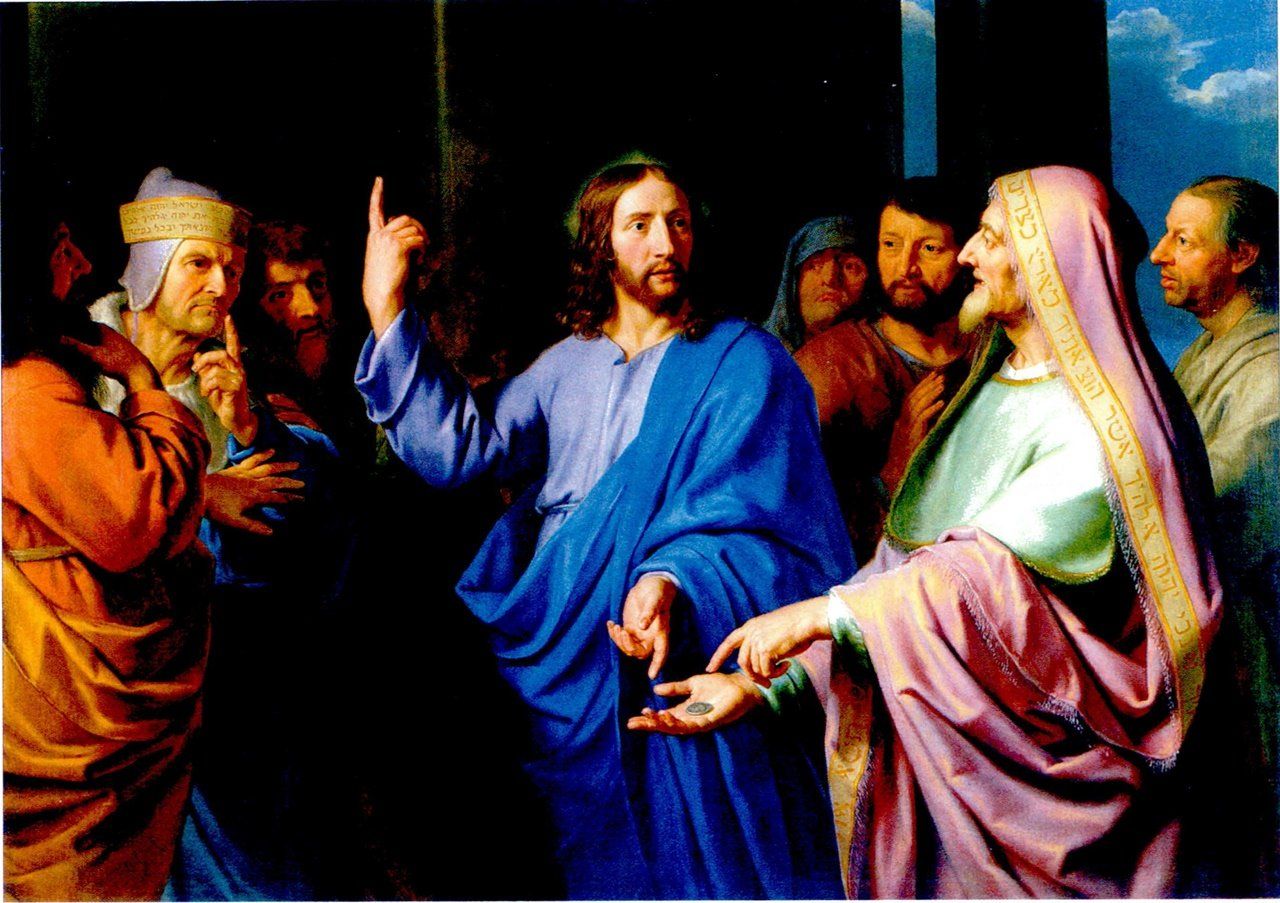Message of Abbot Paul - Saturday 6th November

Message from Fr Paul for Saturday, 6th November 2021
It was hard to believe that last night was 5th November. As one of the brethren said to me after Compline, “This is the quietest Guy Fawkes I can remember.” And so it was, at least around the Abbey. All for the best, as Toby, like most dogs, is petrified of loud bangs. Nevertheless, when I thought to take Toby out for his short 7.15pm walk, really just a watering session, no sooner had we gone out into the kitchen yard, than a few quick shots were fired from the Belmont Estate and he had to come back post haste via the kitchen door. I wonder if those who light fireworks have any idea what it’s all about. Do children still make bonfires and burn guys, as I did when I was a boy? My friends and I would spend days at work on our guy and then go from door to door, begging, “Penny for the guy.” People were so generous, they would invite us in for cake and hot tea. We were happy and innocent in those days, but we knew all about Guy Fawkes, at least, what we’d been told at school. I must be getting old that I look back with such nostalgia.
Today’s Gospel passage from Luke, (Lk 16: 9-15), carries on from yesterday. Here Jesus talks about money, the disciples and the Pharisees. He begins by taking up yesterday’s parable about the unjust steward. He warns his disciples against being untrustworthy and against the love of money. “The man who can be trusted in little things can be trusted in great; the man who is dishonest in little things will be dishonest in great. If then you cannot be trusted with money, that tainted thing, who will trust you with genuine riches? And if you cannot be trusted with what is not yours, who will give you what is your very own?” His words are clear and concise and cannot be misunderstood. We must be honest in all things, even the smallest and least significance, otherwise how can we be trusted with the gift of life itself? He goes on, “No servant can be the slave of two masters: he will either hate the first and love the second, or treat the first with respect and the second with scorn. You cannot be the slave both of God and of money.” These are famous words, often quoted out of context. Throughout this teaching session, Jesus has had the Pharisees in mind and the disciples know it. It would never have occurred to them to choose money over God, although one of them, Judas Iscariot, would eventually sell Jesus for thirty pieces of silver. He became the slave of money, but soon realised what he had done and took his own life in shame. The reaction of the Pharisees is one of laughter and ridicule, as we hear. “The Pharisees, who loved money, heard all this and laughed at him. He said to them, ‘You are the very ones who pass yourselves off as virtuous in people’s sight, but God knows your hearts. For what is thought highly of by men is loathsome in the sight of God.’” Even worse than their love for money, as far as Jesus is concerned is their hypocrisy. They have already separated themselves from God with their love of money, which has become their first love and desire. Far worse is the fact that they try to hide this from the people, with a fair amount of success. More to the point, what matters most to us in life, and let’s not look beyond ourselves at others? What is there that’s hypocritical and me and needs to change?









